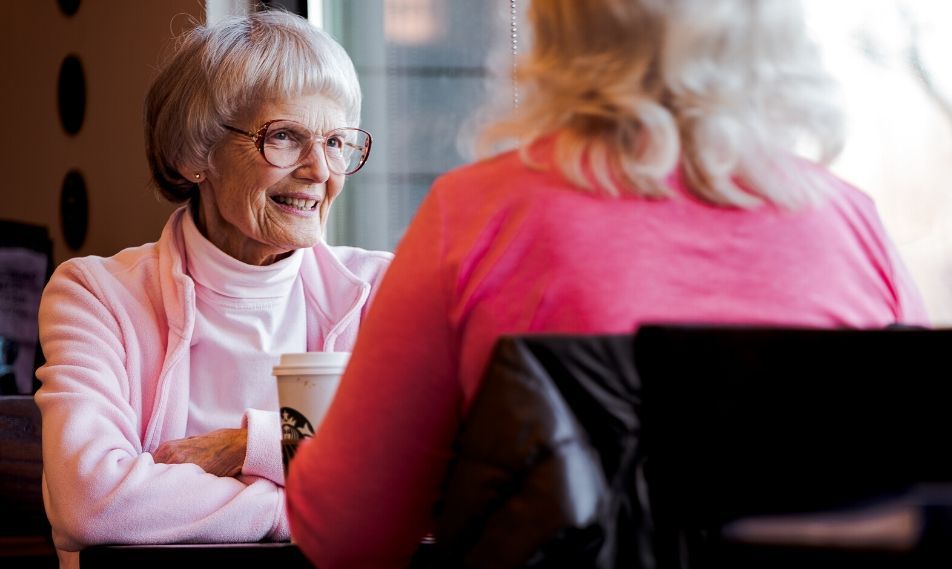Have you personally felt lonely recently, or had an older family member express feelings of loneliness? Unfortunately, these days loneliness is quite common in our country, affecting one in four Australians who report feeling lonely for three or more days per week. It’s tempting to just hope the feelings are temporary and not really affecting someone. However, with research revealing the detrimental health impacts of loneliness, socialising and companionship for seniors is more important than many people realise.
A vast majority of seniors and retirees prefer to live in the home the know and love, rather than moving into an aged care facility for extra support. While this is understandable, the elderly community (especially those who live alone) are vulnerable to feelings of loneliness and social isolation as they become less mobile, and therefore they have increasing difficulty joining in community activities that require the ability to travel.
Considerable Health Benefits
Mental health combines our psychological, social and emotional well-being and impacts our everyday ability to make choices, handle stress and interact with those around us. Research shows that loneliness greatly affects our state of mental and physical health to the extent that it has become a global health epidemic, increasing the risk of early death more than smoking or obesity. On the other hand, people who have strong social relationships have a 50 per cent increased likelihood of living longer than those who are feeling lonely. Therefore, companionship is vital for maintaining a healthy lifestyle.
An Opportunity to Learn New Skills
When we interact with others, we learn more about ourselves and each other. It’s also an opportunity to develop and swap skills such as cooking, music and using the latest technology. Research shows that learning throughout our adult lives can improve our self-esteem, sense of satisfaction and self-confidence. According to the National Institute on Aging, you can even reduce the chances of getting Alzheimer’s disease by keeping your brain active in old age through learning new things such as a language or musical instrument.
Getting Out in the Community
A big part of socialising is spent out and about in the community or outdoors, such as at events, taking part in hobbies or activities such as painting, gardening or at a café. Getting outdoors also increases our sunlight exposure, and research demonstrates that sunlight exposure can be linked to the level of serotonin in our bodies. Serotonin is a chemical produced by our nerve cells and higher levels of serotonin is believed to improve mood, sleep, memory, appetite and even digestion!
With Australia’s ageing population and the rising levels of loneliness in our community, innovation in care services for the elderly living at home is needed. That’s where we come in. Home Care Heroes is on a mission to end social isolation and loneliness due to any reason, such as disability, illness and ageing. If you are feeling lonely or have an older relative who you feel would benefit from companionship, give Home Care Heroes a call on 02 8310 7531 or sign up online.
Unlike other support providers, we offer a competitive $40 per hour flat rate including weekends and public holidays and no matter what the activity, service or task is. Our Heroes are not support workers, they are everyday people with a wide range of skills who are looking to have fun and build genuine friendships, they are not ‘just in it for the money’. Every Hero goes through a rigorous vetting and on-boarding process to ensure they meet our standards, including; An online values test, a face-to-face interview, reference checks, police checks and an on-boarding session. This, combined with our ability to match Members with Heroes based on shared interests, has contributed to over sixty 5-star ratings on Google reviews.
References:

